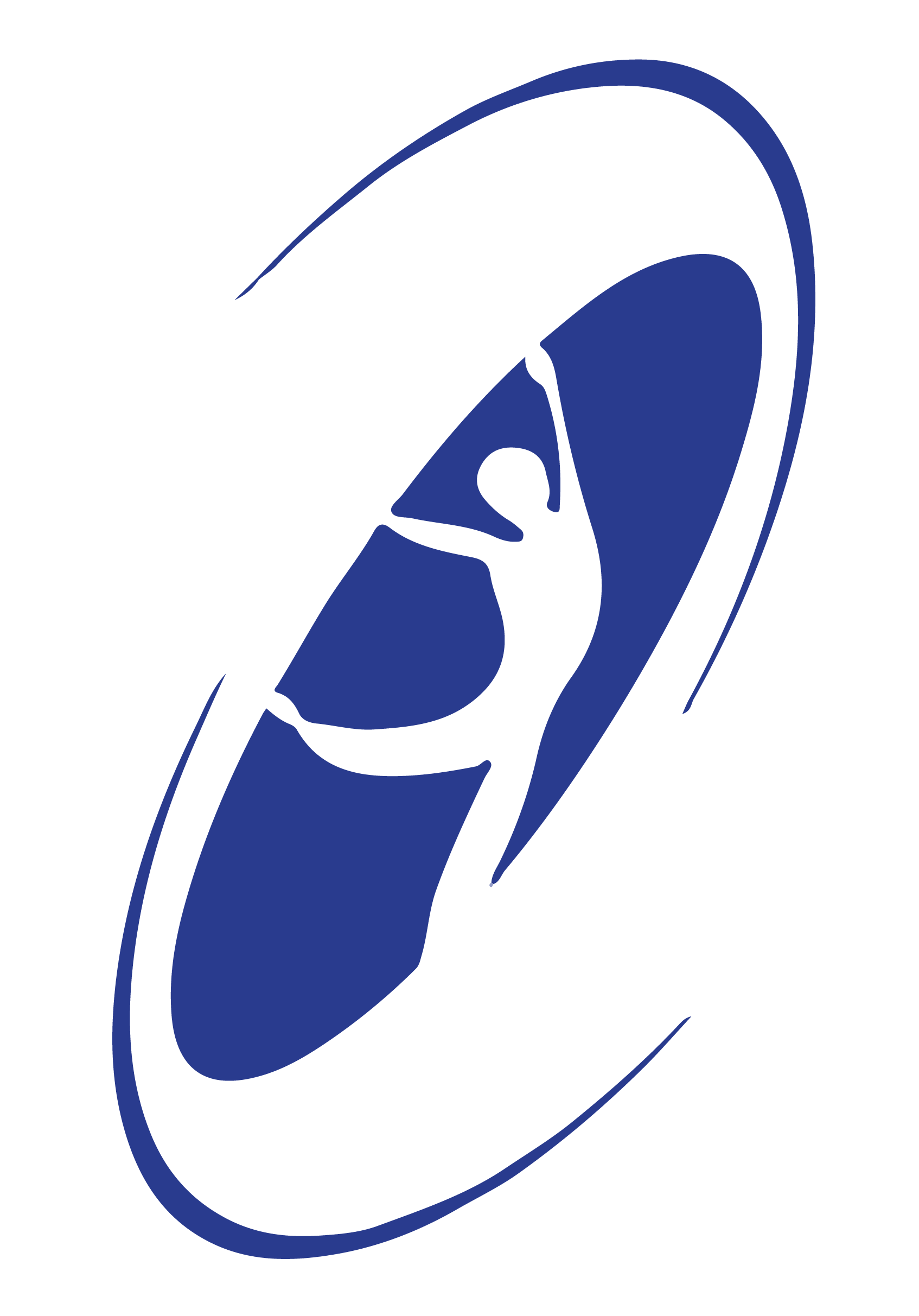acupuncture & pain control modalities
Acupuncture has been reported by a multitude of sources as a scientific mechanism to healthcare. Now it is a regulated health professionin Ontario, recognized by FDA (Food and Drug Administration) and WHO (World Health Organization). At our clinic, our expertise in acupuncture isn’t only based on our long time experience, but also based on modern research.
Acupuncture is one of the oldest forms of physical therapy. It has over 3000 years of history and promotes the flow of Qi in harmony. Acupuncture points lie along the Meridian routes running around the body.
Scientific research from the West shows evidence that acupuncture stimulates the production of endorphins and serotonin, which produces analgesic effects.
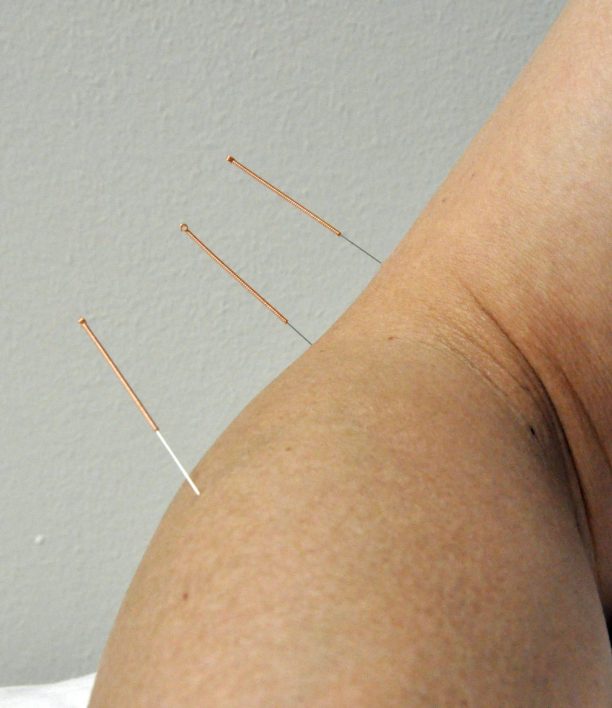
what problems can be treated with acupuncture?
The World Health Organization (WHO) has issued a report with more than 50 conditions that can be treated by acupuncture. Some of these include:
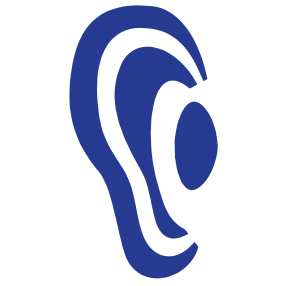
Earaches
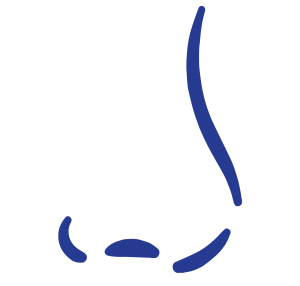
Nasal Inflammation
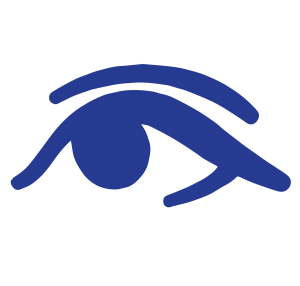
Eye Disorders
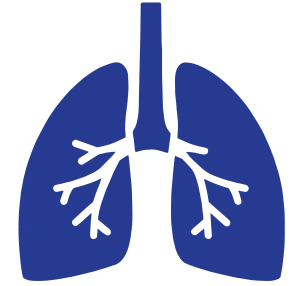
Respiratory Disorders
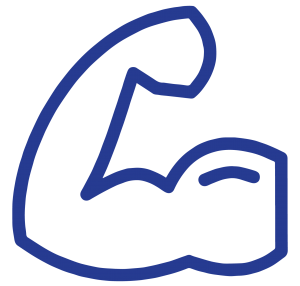
Muscular Disorders
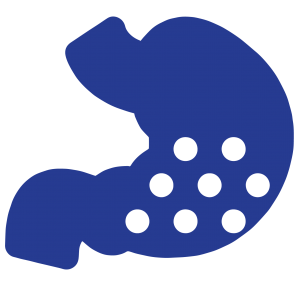
Gastrointestinal Disorders
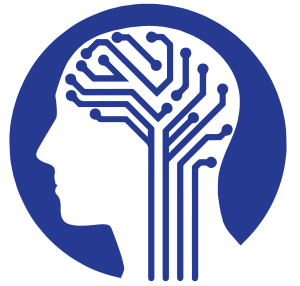
Nervous System
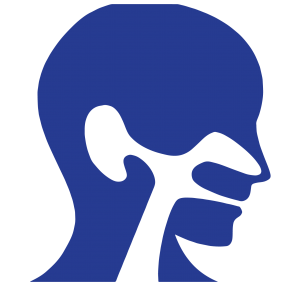
Throat Disorders
common question 01:
Is it safe? Does it hurt?
Needles inserted during an acupuncture treatment should be painless. Every patient’s experience is different. Patients may experience bruising, minimal bleeding, needle site pain and sensation, or needle fainting. However, these symptoms are not uncommon.
Patients should inform the practitioner if any discomfort arises.
common question 02:
Is dry needling the same as Chinese TCM?
Dry needling is a technique used by Western practitioners such as physiotherapists, chiropractors, and occupational therapists, based strictly on body anatomy and in opposition to TCM principals. Thin metal needles are inserted in specific muscle trigger points to release tension and pain.
Dry needling does not apply any TCM principals nor diagnosis. Hence, dry needling practitioners do not receive the same level of training as set out by the standards of our College. In other words, those who practise dry needling might not meet the requirements to use the title of “Registered Acupuncturist” or “Registered Traditional Chinese Medicine Practitioner” in Ontario.
